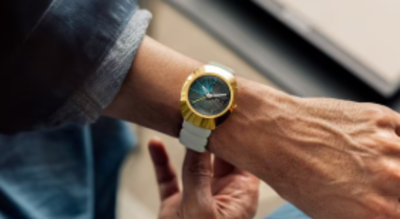India-EFTA Trade Deal to Make Swiss Luxury Watches More Affordable
The recently signed trade agreement between India and the European Free Trade Association (EFTA) will enable Swiss luxury watch brands to offer more competitive pricing in the Indian market, according to Rado CEO Adrian Bosshard.
Key Benefits for Indian Consumers
Under the trade pact, India will gradually reduce basic customs duty on Swiss watches to zero over a seven-year period. The agreement also includes provisions to compensate companies for currency fluctuations that can impact export earnings.
“I am very happy we were able to sign this agreement with India as step-by-step, taxes will be reduced. When you take out high taxes from a product, it’s definitely an advantage, without a doubt. It’s easier to buy luxury goods in places like Dubai, Abu Dhabi and Switzerland because of lower taxes,” Bosshard told TOI.
India Emerges as Rado’s Top Market
India has now become Rado’s largest market globally, surpassing traditional luxury spenders China and the United States. The brand has been recording double-digit growth annually, driven by an expanding consumer base that includes both established patrons and younger buyers.
Young working professionals are increasingly viewing luxury watches as more than timekeeping devices—they see them as experiences and statements. Many are starting with Rado’s entry-level collections priced around Rs 1 lakh, while some are even purchasing premium models like the Captain Cook collection that typically costs over Rs 2 lakh.
“This growth has come despite our distribution being at the same level. It is coming from the fact that more and more Indians can afford our watches due to rising purchasing power. India has a young, ambitious and hard-working population which is entering the luxury market,” said Bosshard.
Strong Festival Performance
Rado reported robust pre-Diwali sales in September and expects to maintain this momentum through the festival-heavy month of October, indicating strong consumer confidence in the luxury segment.
Global Market Challenges
While India shows strong growth, the China market remains challenging for luxury brands, though Bosshard noted the region is gradually stabilizing. The 39% US tariff on Swiss watches came as a “big shock,” and Rado hopes for renegotiation to bring rates closer to the EU’s 15% tariff level.
The company has managed the US situation through its local subsidiary and strategic stockpiling before the tariff decision. Despite price increases, Rado’s US sales remain unaffected due to the market’s scale and purchasing power.




